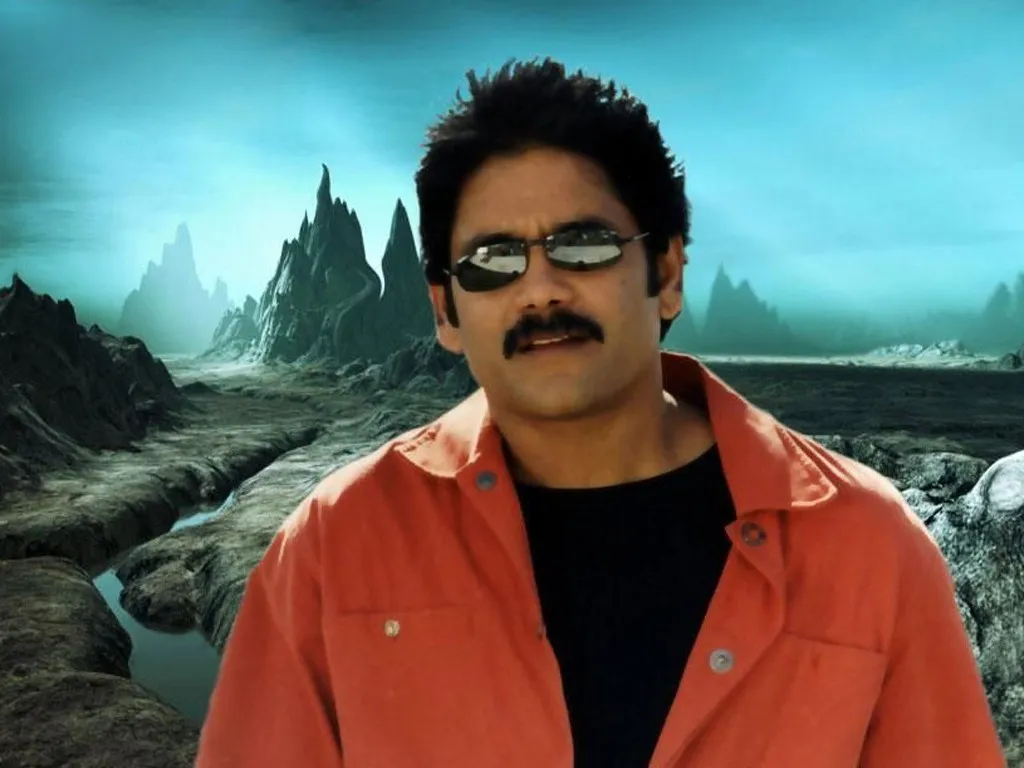In a significant judgment blending traditional celebrity rights with modern technological concerns, the Delhi High Court has granted sweeping interim protection to veteran Telugu actor Akkineni Nagarjuna, restraining over a dozen websites and unknown entities from misusing his name, image, and likeness particularly through artificial intelligence (AI) and deepfake technologies. Justice Tejas Karia’s order of 25 September 2025 signals an important judicial step in India’s evolving jurisprudence on personality rights in the age of generative AI
The case, Akkineni Nagarjuna v. www.bfxxx.org & Ors. (CS(COMM) 1023/2025), highlights a growing concern among public figures: the misuse of their persona in the digital age, especially by anonymous actors and platforms leveraging new technologies to commercially or maliciously exploit celebrity identities.
Personality Rights in the Age of AI
The 65-year-old Nagarjuna, one of the most celebrated figures in Indian cinema with over 95 films and a massive fan base of more than 6.3 million followers on social media, approached the court after discovering that several pornographic websites were using his name and likeness to attract traffic. Additionally, certain e-commerce platforms were selling merchandise bearing his image and name without authorization.
According to submissions by Nagarjuna’s legal team, these unauthorized uses not only violated his publicity and performer’s rights but also posed serious risks to his dignity and reputation. They argued that his name, image, and persona had acquired a distinctive character over four decades of work, and any unapproved association with vulgar or derogatory content would mislead the public and dilute his goodwill.
The court was informed that legal notices sent to several infringing websites including bfxxx.org, tubewap.xyz, and alldesiporn.com went unanswered. Some domain registrars even masked the details of the infringers, making legal enforcement challenging.
Court’s Observations: Dignity, Reputation, and Technological Threats
Justice Tejas Karia, presiding over the matter, emphasized that the misuse of a celebrity’s persona is not merely a commercial infringement but also a violation of their fundamental right to live with dignity. Unauthorized association with explicit content, the court observed, can cause irreparable damage to a public figure’s reputation and lead to public confusion about endorsements or affiliations.
In a key section of the order, the court flagged the increasing threats posed by emerging technologies, including AI-generated content:
“Defendants are restrained from exploiting the Plaintiff’s name, image, likeness, or other identifiable attributes using any technology including but not limited to Artificial Intelligence, Generative AI, Machine Learning, Deepfakes, and Face Morphing without consent.”
This explicit reference to advanced technologies signals the judiciary’s recognition of how AI can amplify violations of personality rights from unauthorized deepfakes to manipulated endorsements.
A Broader Crackdown on Digital Misuse
The interim injunction granted by the court is extensive. It directs:
- Websites and individuals (Defendants 1–13, 20) to immediately stop using Nagarjuna’s persona in any form, including AI-generated content, and to remove all infringing material.
- Pornographic websites to take down the identified URLs within 72 hours.
- E-commerce platforms to remove unauthorized merchandise and disclose subscriber information of those selling infringing goods.
- Domain registrars and intermediaries to submit detailed subscriber data including IP logs and registration details — to aid in further investigation.
- Government bodies (MeitY and DoT) to issue directives for blocking access to infringing URLs across India within seven days.
The court also permitted the plaintiff to proceed against unknown infringers — referred to as John Doe or Ashok Kumar defendants who may continue uploading or disseminating infringing content.
Precedents and Legal Evolution
The order draws on recent Delhi High Court precedents, including:
- Amitabh Bachchan v. Rajat Nagi (2022) — where the court granted an injunction against unauthorized commercial use of the actor’s celebrity status.
- Aishwarya Rai Bachchan v. Aishwaryaworld.com (2025) — where the court restrained misuse of the actor’s name and image through AI-generated content and deepfakes.
Together, these decisions reflect a growing judicial consensus that personality rights extend beyond traditional misappropriation and encompass emerging technological misuse — particularly as AI tools make it easier to replicate likenesses without consent.
Future Implications
This case is more than a victory for a single actor , it is a significant step in the evolution of Indian jurisprudence on personality and publicity rights in the digital era. As AI blurs the line between real and synthetic content, courts are beginning to proactively address new forms of misuse, emphasizing the dual protection of economic interests and personal dignity.
The order also signals a shift in accountability. By directing domain registrars, intermediaries, and government agencies to take active steps against infringing content, the court reinforces that the responsibility to safeguard digital rights does not rest solely with the aggrieved individual.
A Wake-Up Call for the Digital Ecosystem
Nagarjuna’s case is emblematic of a broader problem faced by public figures worldwide the weaponization of their digital identities through deepfakes, manipulated media, and unauthorized endorsements. With generative AI tools now capable of producing hyper-realistic content at scale, the ruling sends a clear message: legal protection must evolve alongside technology.
As the matter awaits further hearing on January 23, 2026, this interim order stands as a landmark in India’s legal response to the challenges of the AI era balancing free expression, technological innovation, and the inviolable right to human dignity.

